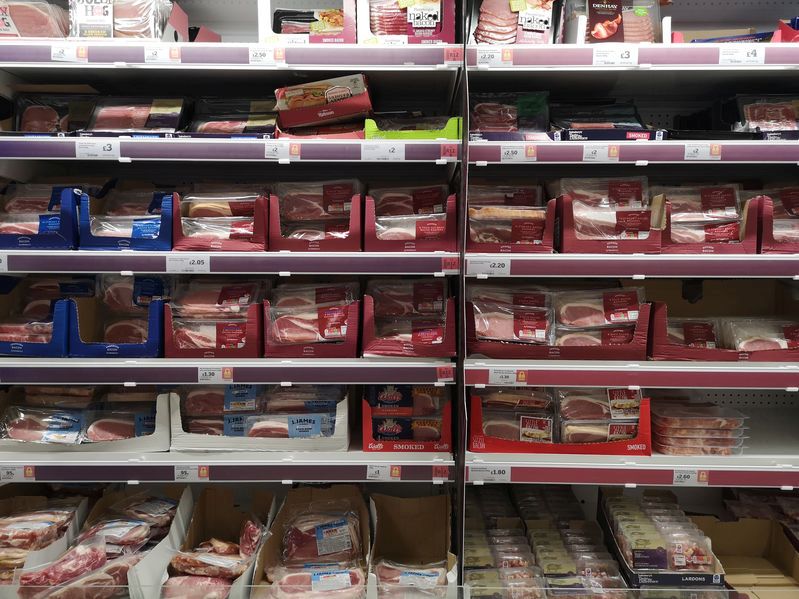
The government must enshrine into legislation a restriction on any lower standard food imports after the transition period, the RSPCA has urged.
The charity said the government should help British farmers reach higher standards while restricting imports produced to lower welfare methods.
Giving evidence at the Agriculture Bill Committee on Tuesday (12 February), it warned against the prospect of trade deals allowing food which would be illegal to produce in the UK.
The prime minister has already said the UK would not accept 'diminution of standards' on food and animal welfare in any trade talks.
But industry bodies want the government's promise to go further by enshrining into the Agriculture Bill a restriction on lower standard imports.
Without that control, the RSPCA fears the government would cave in to trade talks and let in cheaper food produced to lower welfare standards than are allowed in the UK.
Giving evidence to the committee, David Bowles, assistant director of public affairs at the RSPCA, said this would 'threaten' British farmers’ livelihoods.
He said: “55% of the pork and bacon we eat is imported - the USA still uses sow stalls, so if we import pig products from there, we’ll be opening up the door to cheaper imports which are produced to far lower welfare standards. That’s not what the consumer wants.”
The animal charity said it is looking toward a farm support system that would provide farmers through one-off capital grants to ensure they can deliver higher welfare standards.
Mr Bowles added: “As an example, providing rubber matting would reduce lameness in cattle and potentially trials for this could start within a year. It’s a win, win, bringing benefits to animals and the environment.
”As we find ourselves at a crossroads of animal welfare, it is so important we get this right to safeguard our farmers and to ensure the public can continue to access food produced to high welfare standards.”
